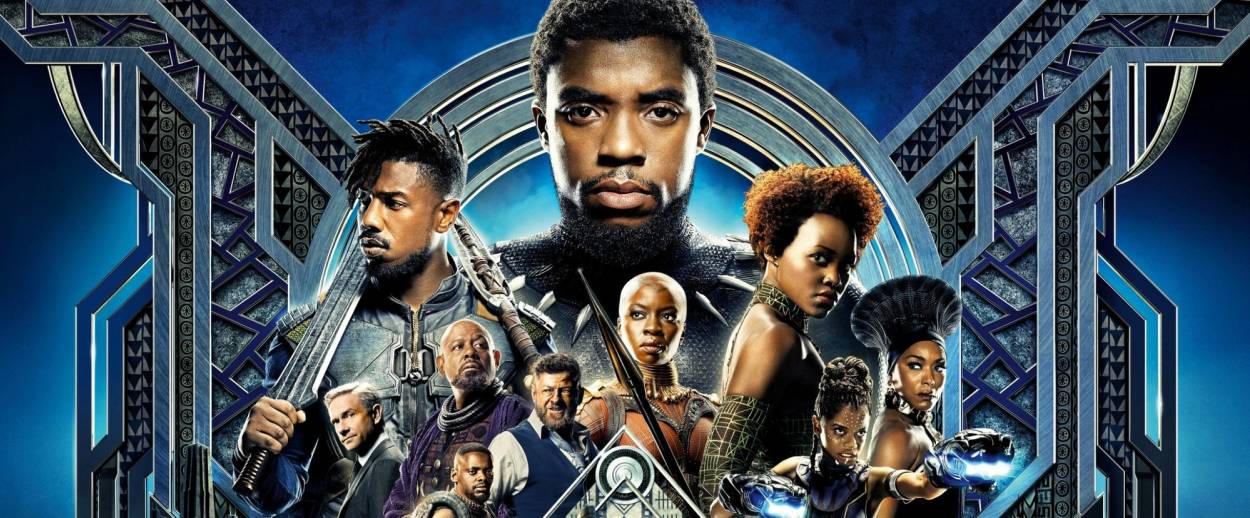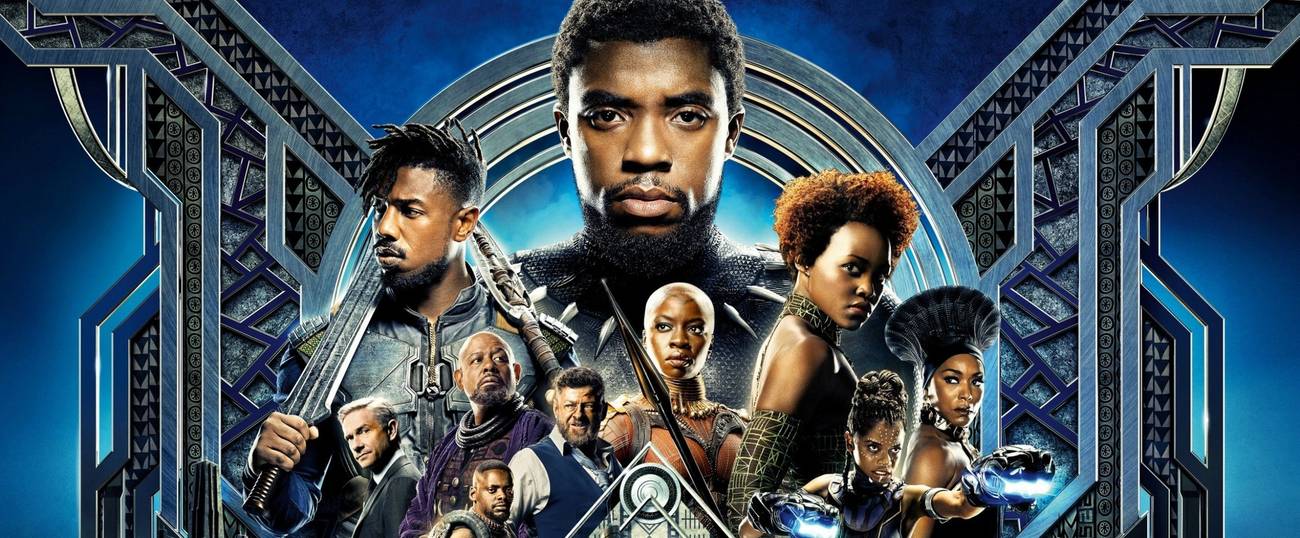Where Are the Jews of Wakanda?
The question is not as far-fetched as it sounds




Since the Hollywood premiere of Marvel Studio’s latest superhero flick, Black Panther, the interwebs have been all atwitter with buzz and anticipation for its opening this Friday.
Of course, over in the African-American community we’ve been electrified since the first trailer dropped back in October. And why not? Debuting in Fantastic Four #52 (July 1966), T’Challa—otherwise known as the Black Panther—was the first superhero of African descent in mainstream American comics, hailing from the fictional African kingdom of Wakanda. An isolationist country, Wakanda was the most technologically advanced nation on the planet, and home to Vibranium, a rare, naturally occurring meteoric ore with energy-manipulating qualities, which not only made Wakanda one of the most economically stable nations on the planet, but was also responsible for the creation of Captain America’s famously unyielding shield.
With a resume like that, it’s no wonder why the past few months have been filled with thinkpieces full of hope surrounding a restructuring of the cinematic and social perception of Africa and its descended peoples, joy around the watershed moment of the arrival of African sci-fi and fantasy, known as “Afro-futurism,” into the mainstream, and just the general ecstasy of #blackpeoplemagic. (Also, damn, Angela Basset. Can you age maybe just one day? That’s it. Just one. Kthx.)
As a fanboy myself, from the days before being a “blerd” was cool, I’m just as ecstatic as everyone else is to finally see Wakanda in all its onscreen glory. Yet, simultaneously, I find myself feeling conversely to how I often do in American Jewish spaces. In this African-American cultural moment, where am I? Where’s the rest of me? What space do Jews have in Afro-futurism? Or, more specifically: Where are Wakanda’s Jews?
Bear with me, it’s not as far-fetched as it seems.
Wakanda, after all, has never been enslaved or colonized, so it makes sense why the standard fare of Christianity and Islam don’t exist there, since both their presences in Africa are largely by-products of conquest. But where are my Jews at?
Wakanda is apocryphally located somewhere in Northeastern Africa, so it’s already close to a well-known population of Jews, the Ethiopian Beta Israel. In the same general area are the Yibir in Somalia, who have a tradition of being Jews before they were converted to Islam. To west there were the Jews of the Bilad al-Sudan—with records attesting to their presence in the Ghana, Mali, and Songhai empires—and the community of Zuwa Alyaman of Koukiya by the Niger River—according to local legend, Zuwa was a member of one of the Jewish communities transported from Yemen by Abyssinians into northeast Africa. Finally, to the south lies Zimbabwe, home to the Lemba of Cohen Model Haplogroup fame.
So, theoretically bounded by Jews on all sides, nobody managed to pass through or stop in Wakanda? The villainous Klaw family made it to Wakanda three times over the course of two generations. And they were actively hostile. A group of nomadic people with weird food preferences couldn’t have wandered in under the radar unnoticed and just hung out? Hell, Flavius Scollo, a soldier for Emperor Caligula, built the Black Tower of M’Kumbe as an outpost and just hung out there for nearly two thousand years until Black Panther and the Fantastic Four discovered him in the then modern-day of 1982 (Fantastic Four #241, April 1982). And he’d been spending all those centuries capturing Wakandans from the surrounding area to be his subjects.
Two thousand year-old Roman legionnaires encased head-to-toe in golden armor from an alien ship that imbues them with longevity and telekinetic manipulation of their surroundings? Sounds legit.
African Jews in an African kingdom? Whoa, there buddy.
(Although, it should be tangentially noted that Kevin “Kaspar” Cole, temporary bearer of the Black Panther moniker in New York, and current White Tiger—despite Marvel’s strong Jewish representation from the secular Marc Spector (Moon Knight) to the possibly Reform Ben Grimm (The Thing) to Orthodox yeshiva student Naftali, friend of Kamala Khan (Ms. Marvel)—is the sole mainstream comicbook character who is a Jew of Color. Cole’s mother is white and Jewish, and his father is an African-American Christian. We still haven’t moved past the cliché of Jews of Color necessarily being products of intermarriage, adoption, or conversion, but hey, it’s a start.)
However, in all seriousness, just as much as it’s important for Jews of Color to have a voice at the American Jewish table, it’s equally as crucial that we are present and counted in the fictional future of “blackness,” even if it’s just a comic book story about Jews in some secret kingdom hidden away from sight with superior magic and technology, virtually inaccessible to the rest of civilization.
Wait…Jews. Hidden kingdom. Superior magic and technology. Inaccessible to civilization…sounds like…Sambatyon?
Holy crap, guys, what if the Wakandans are the Jews of Wakanda?
MaNishtana is the pseudonym of Shais Rishon, an Orthodox African-American Jewish writer, speaker, rabbi, and author of Thoughts From A Unicorn. His latest book is Ariel Samson, Freelance Rabbi.